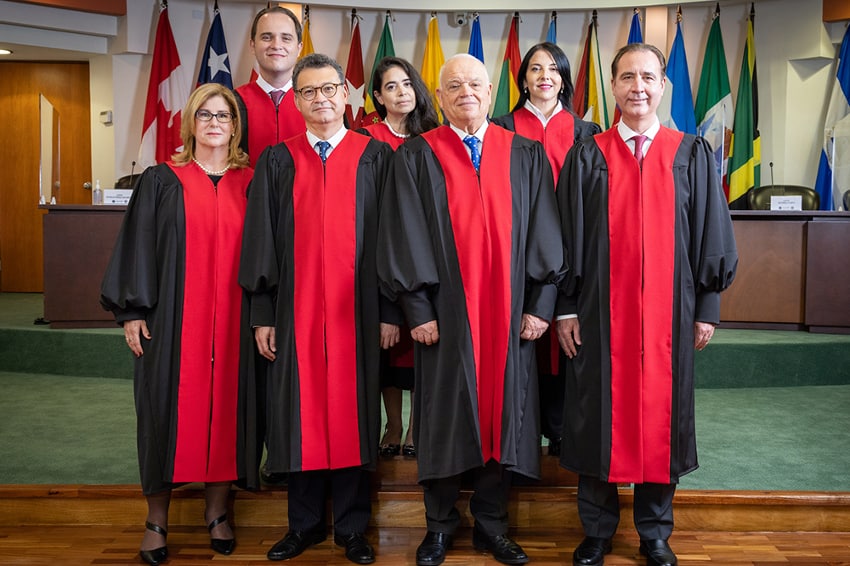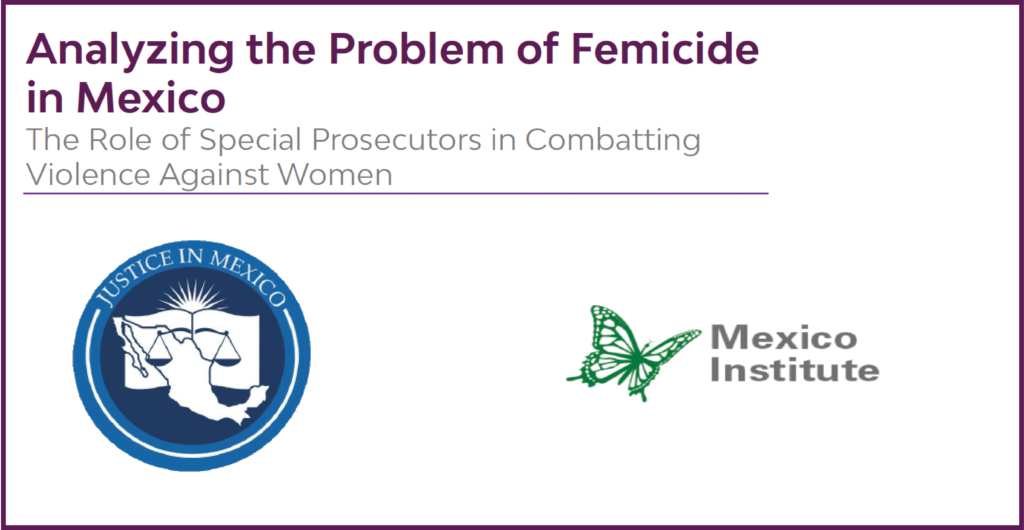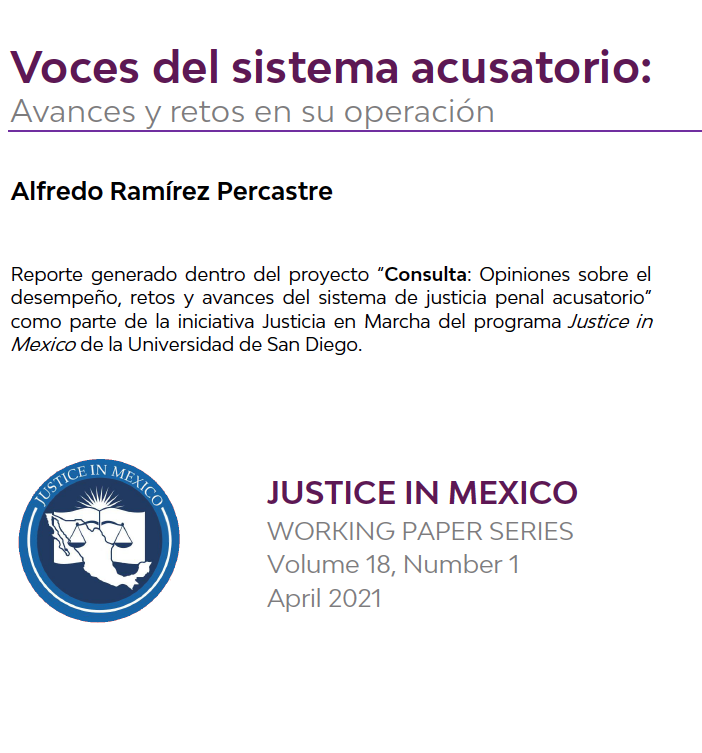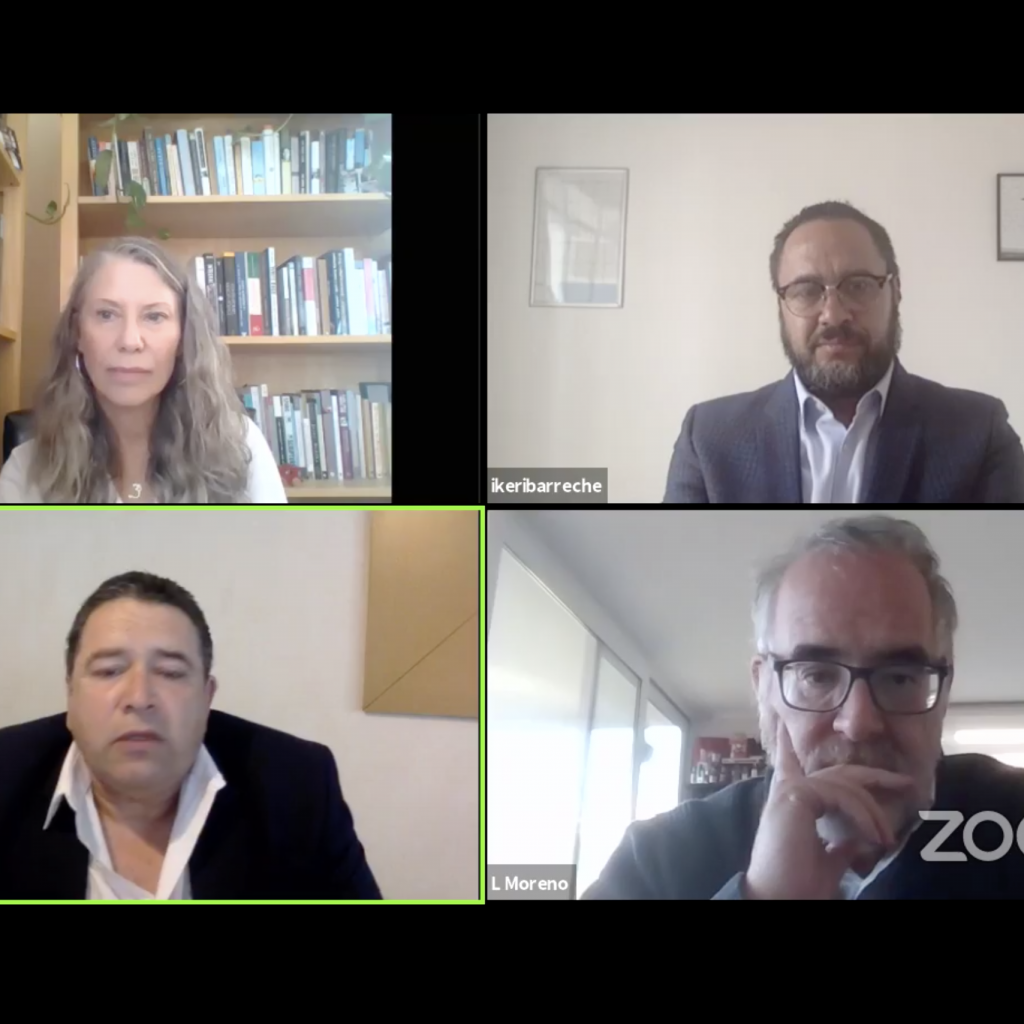
05/28/14 —With just two years remaining until the June 2016 deadline when the New Criminal Justice System (Nuevo Sistema de Justicia Penal, NSJP) is supposed to be fully implemented and operational nationwide, Mexico scored rather poorly on the World Justice Project’s (WJP) “Rule of Law Index 2014.” Released in March 2014, the report ranks a country’s strength of rule of law, quality of governance, and criminal justice system based on surveys of perception and experiences administered to over 100,000 households in three cities per country. The index takes into consideration the following nine factors: constraints on government powers, absence of corruption, order and security, fundamental rights, open government, regulatory enforcement, civil justice, criminal justice, and informal justice. In Mexico, the WJP focused its survey in Guadalajara, Jalisco; Mexico City; and Monterrey, Nuevo León.
In overall scores, Mexico ranked 79th lowest of 99 countries, with nearly identical scores as Russia, Madagascar, China, and Egypt, among others. Meanwhile, Canada ranked 11th and the United States not far behind at 19th. Mexico also had the fifth lowest score of all countries in the Western Hemisphere, only ranking higher than Guatemala (83rd), Nicaragua (85th), Bolivia (94th), and Venezuela (99th). In civilians’ perceptions and experiences with the criminal justice system, Mexico ranked much worse, coming in at 97th of 99. The WJP explained that Mexico’s low ranking is due to problems within the civil justice system, widespread corruption, weak and ineffective police forces, and a nascent criminal justice system that is still very much in the process of being implemented and integrated nationwide. In a recent article with El Universal, WJP Investigative Coordinator Alejandro Ponce discussed Mexico’s high levels of impunity. “If there is an official or bureaucrat found to be engaging in acts of corruption, the probability that he or she will be punished is extremely low,” he said.
Despite the low rule of law rankings, Mexico did fare far better on the constraints on government powers (48thof 99) and open government (32nd) indicators; while compared to the rest of Latin America it also scored well on open government (4th of 16 countries) and regulatory enforcement (6th). The report also highlighted Mexico’s effective checks on government power and its open government, acknowledging that they are “supported in large part by a long constitutional tradition with an independent judiciary, and strong protections for free speech and freedom of religion.”
Nevertheless, efforts to strengthen Mexico’s rule of law, notably through the New Criminal Justice System, will continue. Alejandro Martí, the president of the civil society organization México S.O.S. that has been one of several such organizations at the forefront of the NSJP’s implementation, acknowledged this month that civil society will continue to do its role in monitoring and evaluating the new system as it unfolds. “We are fighting not just for [the system] to be implemented,” he said, “but also for the implementation to be evaluated so we can ensure that it’s functioning correctly…”
Sources:
“WJP Rule of Law Index 2014: Mexico Country Profile.” World Justice Project. March 5, 2014.
“WJP Rule of Law Index 2014.” World Justice Project. March 5, 2014.
González, Isabel. “El nuevo modelo de justicia, en 2016: ONG.” Excélsior. May 7, 2014.
El Universal. “Reprueba México en rubro de justicia.” El Diario de Coahuila. May 26, 2014.




